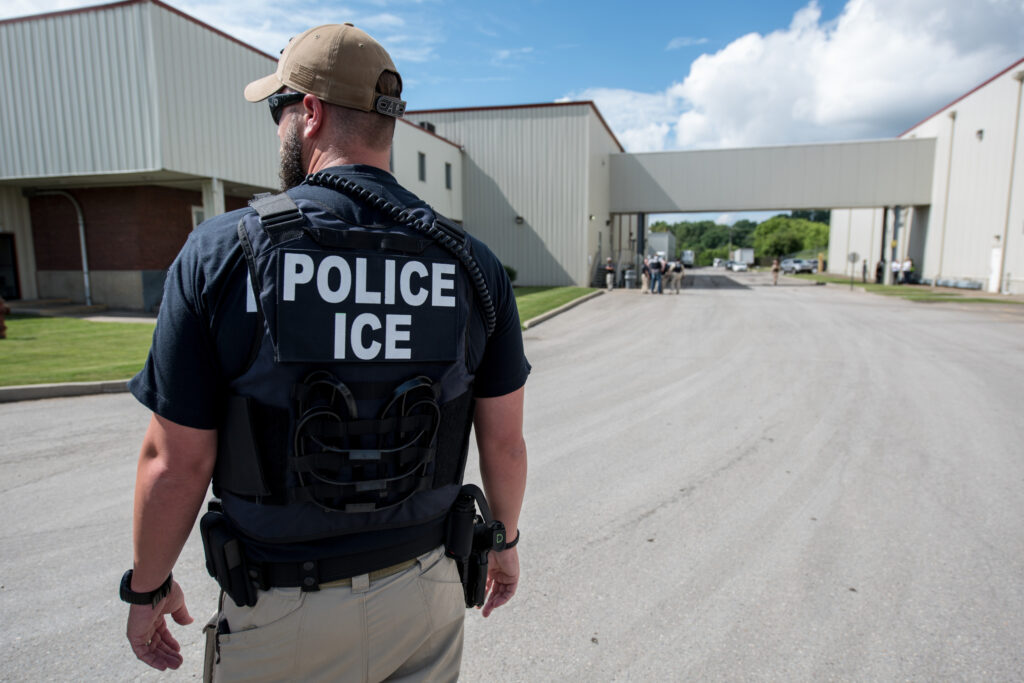A federal judge in Washington, D.C., has ruled that 27 religious groups seeking to block the Trump administration from conducting immigration enforcement in places of worship did not have legal standing to bring the case, meaning it won’t proceed to a full hearing.
Newsweek contacted the press office of the Department of Homeland Security (DHS) for comment on Saturday via email outside regular office hours.
Why It Matters
President Donald Trump was elected on a pledge to dramatically clamp down on illegal immigration to the United States, including deportations of those already in the country unlawfully.
Speaking with Newsweek on April 1, the Trump administration said more than 100,000 illegal migrants had been deported since the president took office in January. This is a small proportion of the total number of migrants living in the U.S. illegally, which the DHS estimated was 11 million as of January 2022.
What To Know
Upon returning to office in January, Trump overturned a 30-year-old DHS policy that barred Immigration and Customs Enforcement (ICE) personnel from operating in certain “protected areas,” including places of worship.
The administration instituted a new policy that allowed immigration enforcement officers to use “discretion” and “common sense” around religious buildings.
In response, 27 Christian and Jewish organizations sued the DHS, arguing that the move was unlawful because it infringed on the freedom of worship.
The groups sought a preliminary order barring ICE staff from various places of worship while the full lawsuit went ahead.
On Friday, U.S. District Judge Dabney Friedrich concluded that the groups lacked standing, or the right to sue, as they provided only a small number of examples of ICE operating in religious buildings and could not prove “that places of worship are being singled out as special targets.”
The plaintiffs said some places of worship had seen attendance drop by double-digit percentages since Trump overturned the previous policy. Friedrich said it wasn’t clear whether the policy change regarding ICE’s access to religious buildings had specifically caused the decline or whether it was caused by a more general increase in ICE enforcement.
During the Biden administration, the list of “protected areas” free from ICE enforcement was extended to include social service centers and playgrounds.
According to Reuters, since Trump changed the rules, at least three immigration enforcement actions have taken place in churches.
What People Are Saying
U.S. District Judge Dabney Friedrich, whom President Donald Trump appointed during his first term, said: “Evidence suggests that congregants are staying home to avoid encountering ICE in their own neighborhoods, not because churches or synagogues are locations of elevated risk.”
Kelsi Corkran, the lead counsel for the plaintiffs, said in a statement: “We remain gravely concerned about the impacts of this policy and are committed to protecting foundational rights enshrined in the First Amendment and the Religious Freedom Restoration Act.”
What Happens Next
Some immigration enforcement is likely to continue at religious buildings, though a dramatic increase would doubtless spark fresh controversy and further legal challenge.
Read the full article here
